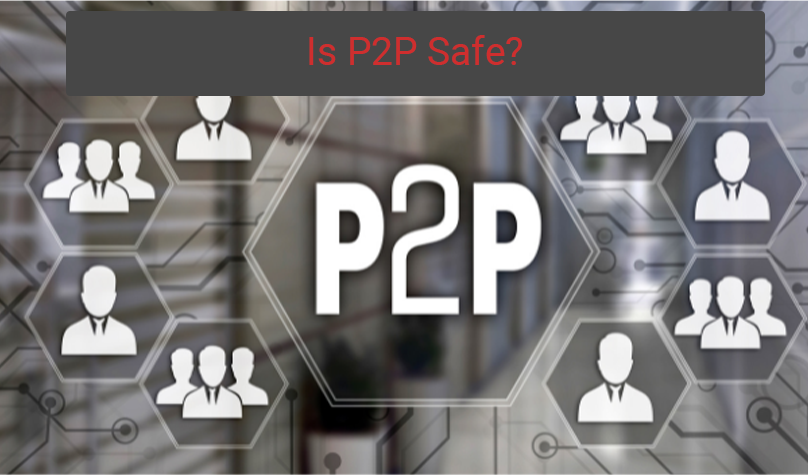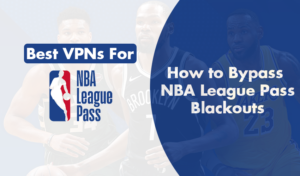Peer-to-peer (P2P) file sharing has faced an onslaught of negative press due to its association with copyright infringement and the spread of malware. But is P2P inherently unsafe, or can it be a secure method of file distribution when used correctly?
This article aims to answer the question: “Is P2P safe?”, and explore the various aspects of secure P2P file sharing.
Understanding P2P File Sharing
P2P file sharing is a method of distributing or sharing digital data such as films, music, books, and games by directly connecting the computers of two or more users.
This decentralized model allows each connected device, or “peer,” to upload and download files from each other simultaneously, thereby improving the efficiency of data transfer.

P2P software, such as BitTorrent, creates a network of users with the same program, enabling file searches and downloads to be coordinated among a group of users.
This method, known as ‘chunking,’ allows large files to be broken down into smaller parts and downloaded from various sources, often resulting in faster download speeds compared to traditional downloading methods.
The Benefits of P2P File Sharing
Speed
One of the primary advantages of P2P file sharing is its speed. By breaking up large files into smaller chunks that can be downloaded concurrently from multiple sources, P2P can significantly reduce download times.
This speed advantage is especially beneficial for distributing large files, such as high-resolution videos or software applications.
Scope
P2P file sharing also has the potential to drastically increase the reach of content distribution.
By leveraging a network of peers, content creators can distribute their work to a much larger audience than they could through traditional means, effectively acting as their own publishers.
The Risks of P2P File Sharing
Despite its advantages, P2P file sharing is not without its risks. These risks primarily stem from the open nature of P2P networks, which can expose users to a variety of threats.
Copyright Infringement
One of the most prevalent risks associated with P2P file sharing is the potential for copyright infringement.
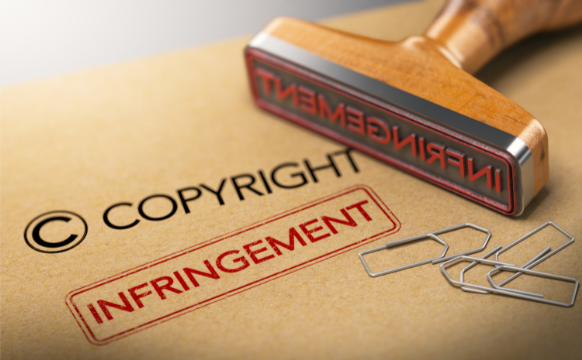
It’s not uncommon for users to unknowingly download copyrighted materials, such as movies, music, or software, which can lead to legal repercussions.
Malware Distribution
P2P networks can also serve as a vector for the distribution of malware. Malicious actors often disguise harmful software as popular downloads, tricking users into infecting their own systems.
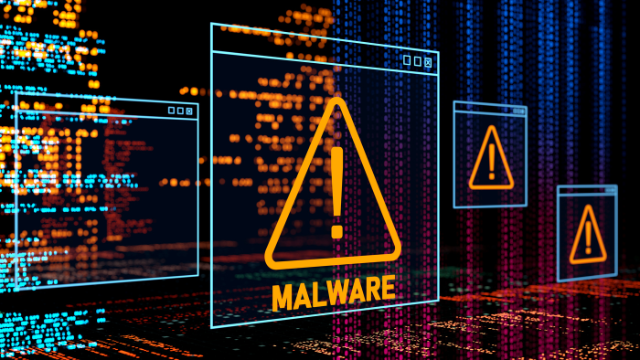
Moreover, because files are not always what they seem on P2P networks, users risk downloading and opening files that could lead to a system compromise.
Exposure of Sensitive Information
Using P2P software can expose sensitive information, such as a user’s IP address, to other users on the network.
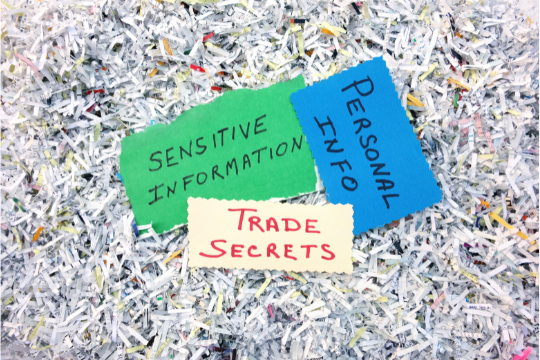
This information can be exploited by malicious actors for a variety of nefarious purposes, including cyber stalking, identity theft, or even targeted attacks.
Securing Your P2P Experience: How to Use P2P Safely
While P2P file sharing does pose certain risks, these can be mitigated with the appropriate precautions. Below are three essential tips for secure P2P file sharing.
Use a VPN
A virtual private network (VPN) can provide a significant boost to your online security when using P2P networks.
A VPN encrypts your internet traffic, obscuring your online activity from prying eyes and making it much harder for malicious actors to intercept your data.
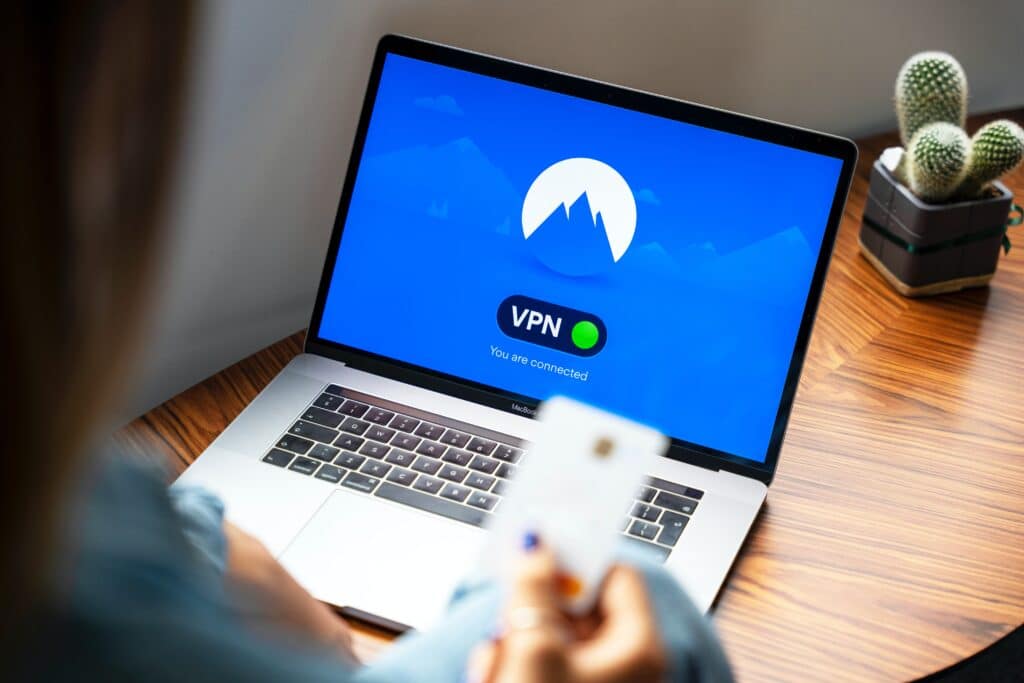
Additionally, by masking your IP address, a VPN can help maintain your anonymity while using P2P networks.
Stick to Trusted P2P Sites
Not all P2P sites are created equal. Some are rife with illegal content and malware, making them a risky choice for P2P file sharing.
By sticking to reputable P2P sites, you can significantly reduce the likelihood of encountering malicious content.
Leverage Peer Feedback
One of the benefits of P2P networks is the community of users that comes with them.
Before downloading a file, check the comments and ratings from other users. These can often provide valuable insights into the quality and safety of a file.
FAQs
Peer-to-peer file sharing itself is not necessarily illegal. The practice involves distributing or sharing digital media, such as electronic books, music, and movies, through a direct connection between two users, without the need for a central server. This technology has legitimate uses; for example, it is often used to distribute open-source software or public domain videos.
However, the legality of peer-to-peer file sharing becomes a concern when it involves sharing copyrighted material without the permission of the copyright holder. This is considered an infringement of copyright laws and is therefore illegal in most jurisdictions around the world.
For instance, downloading or sharing a copyrighted movie or music track without paying for it or without the permission of the copyright owner is illegal. Numerous high-profile lawsuits have been filed against individuals and organizations for this type of infringement, often by big media companies.
In summary, while the technology of peer-to-peer file sharing is legal, its misuse to distribute copyrighted content without permission is illegal. Always ensure that the content you’re sharing or downloading is not protected by copyright, or if it is, that you have the rights holder’s permission.
What are the P2P sharing platforms?
Here are some examples of P2P file sharing systems:
- BitTorrent: This is perhaps the most popular and widely used P2P file sharing system today. BitTorrent breaks down large files into smaller parts and distributes them to all users in the network. Each user, upon receiving a piece of the file, becomes a distributor of that file. This efficient method minimizes the load on the original distributor and allows for fast and reliable file sharing.
- eMule: An old but still functional P2P file sharing system, eMule uses both the eDonkey network and the Kad network. This system is known for its ability to handle large files such as movies and games, and for its high-quality file sharing.
- Limewire: Although no longer operational, Limewire was a free P2P file sharing program that ran on Windows, Mac, and Linux. It utilized the Gnutella network and also BitTorrent protocol. It was popular for its simple interface and ease of use.
- Ares: This is a P2P file sharing program that allows users to share any digital file including images, audio, video, software, documents. Ares uses its own decentralized supernode network and has a simple user interface.
- FrostWire: A free, open-source BitTorrent client, FrostWire provides a chatroom option besides file sharing. It’s also available on multiple platforms such as Windows, Mac OS X, and Android.
- Shareaza: It’s a P2P file sharing client that allows you to upload any file type, and it supports multiple P2P protocols, including BitTorrent, Gnutella, eDonkey, and HTTP/FTP.
Remember, while using a P2P network can be a great way to share files, it’s important to be aware of the security and legal risks involved.
Why is P2P banned?
Peer-to-peer (P2P) technology itself is not banned; it is a legitimate and effective method for sharing files over the internet. However, it has been widely associated with illegal activities, which has led to certain uses of P2P being restricted or banned.
There are a few reasons why P2P is sometimes banned:
- Copyright Infringements: P2P networks often facilitate the unauthorized sharing of copyrighted material, such as music, movies, and software. As such, many internet service providers (ISPs) and governments have taken steps to prevent the illegal sharing of copyrighted content. Example: The infamous case of the P2P file-sharing platform, Napster, in the late 90s and early 2000s is a classic example of P2P being used for copyright infringement. Napster made it easy for users to share music files, leading to widespread copyright violation. The service was eventually shut down due to lawsuits from record companies.
- Security Concerns: P2P networks can potentially expose users to various security risks including malware, as it’s difficult to verify the safety of the files being shared. Example: In 2003, a worm called “Fizzer” was spread via the Kazaa P2P network, infecting thousands of computers.
- Network Strains: P2P can consume significant network resources, slowing down internet speeds. As such, some ISPs limit or block P2P traffic to prevent network congestion. Example: In 2007, Comcast, a U.S. ISP, was accused of limiting P2P traffic to manage network congestion. This sparked a nationwide debate about net neutrality.
While P2P networks have the potential to be used responsibly and legally, the risks and abuses associated with them have led to restrictions and bans. It’s critical for users to know the potential legal and security implications before engaging in P2P file sharing.
Conclusion
So, is P2P safe? The answer is: it can be, but it largely depends on how you use it. By taking the necessary precautions and using best practices for secure P2P file sharing, you can leverage the benefits of P2P networks while minimizing the associated risks.
It’s also essential to remember that while P2P file sharing can be a powerful tool, it should be used responsibly and in accordance with the law.

